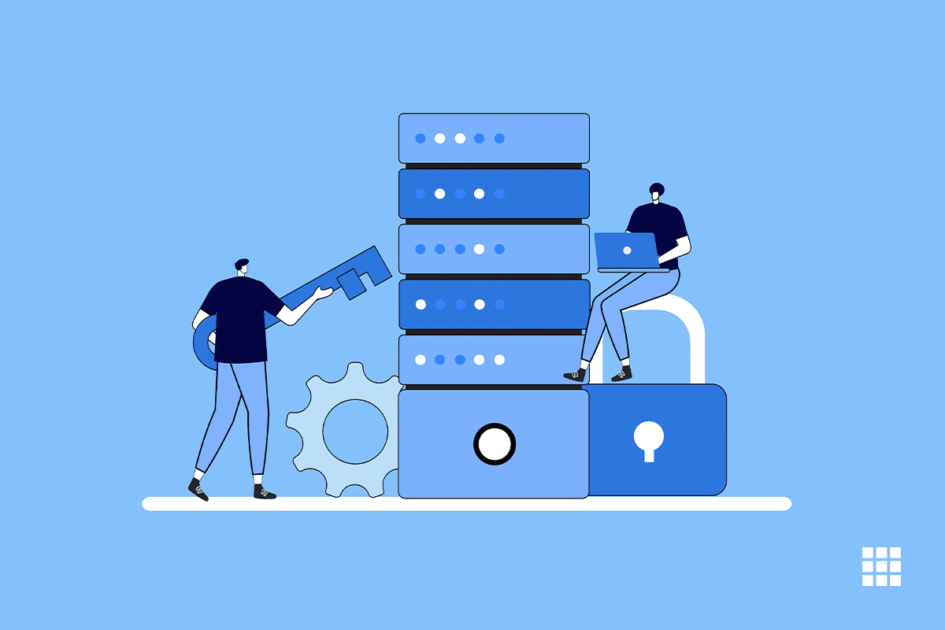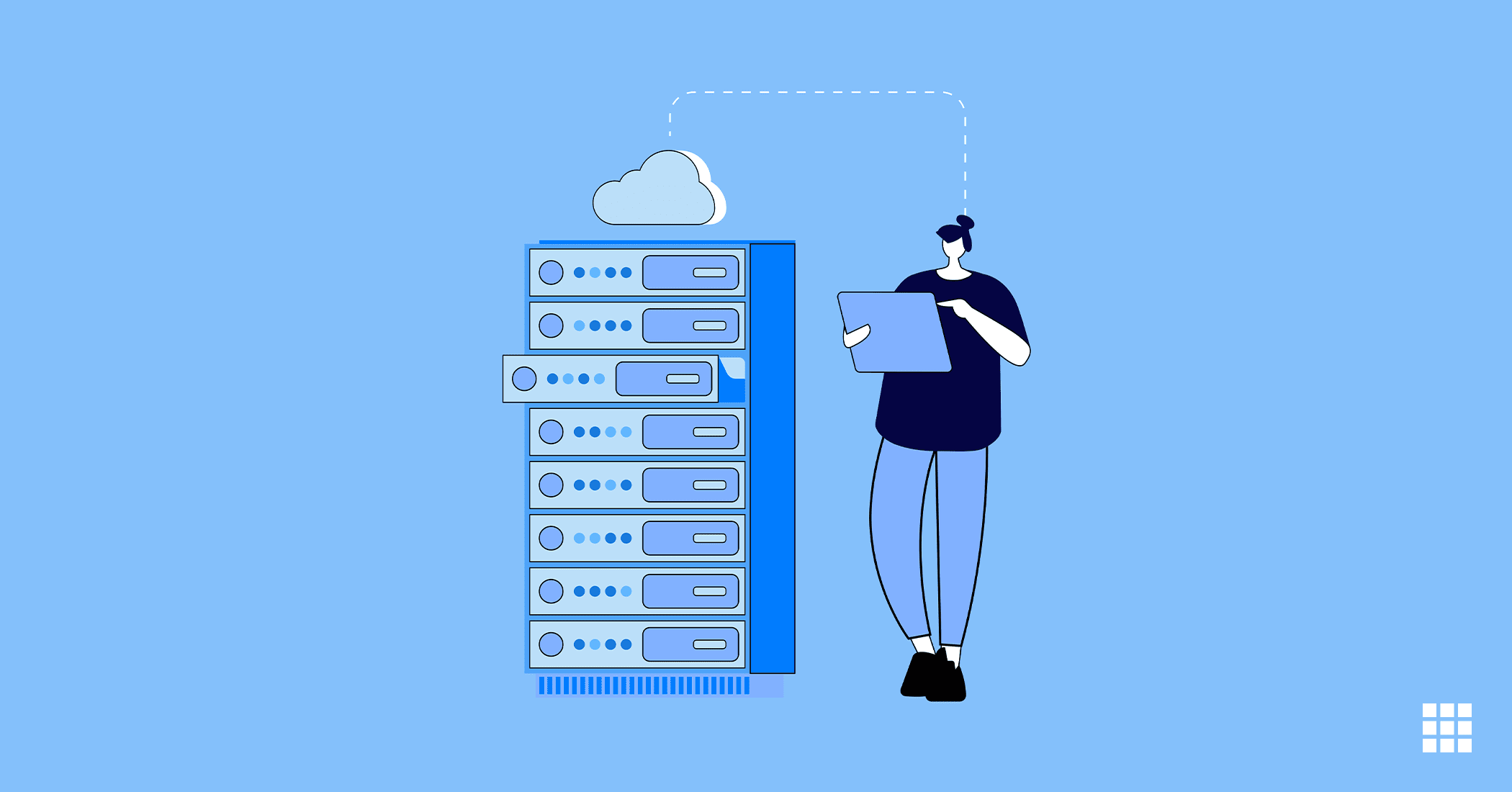Securing the dedicated server on which you host your site or web applications should be your top priority. An unprotected dedicated server can lead to security breaches, data loss, and loss of services. Cyber-attacks are increasing every year with data leaks costing companies an average of nearly $ 4 million per event. Dedicated server security has never been more important than today.
In this article, we will look at key security vulnerabilities and best practices for securing dedicated servers against them. Read on to find out how you can protect your dedicated server and prevent malicious data from being compromised.
- Performing regular scans for malware
There are all kinds of viruses, malware, and attacks that can infect your system and steal confidential information. To secure your dedicated server, you need to take out the time to perform regular malware scans. Using antivirus software is a wise precaution because it can detect and isolate malicious content and take actions to hinder further problems. Using such automated tools protects your website or applications on the dedicated server from security threats by scanning your bare metal instances for all types of malware.
- Deploying DDoS protection
Distributed denial of service attacks is used to remove entire websites or servers. Traffic that is suddenly sent to the server will cause the server to go out of functioning and possibly crash. Their intentions often cause financial damage to the target company. Preventing DDoS attacks is important because it prevents users from accessing your site or web application.
The only way to protect yourself from this attack is to choose a secure DDoS server. This server has a built-in DDoS shield that controls all incoming traffic. If malicious traffic is detected, the server sends a connection request. At the same time, a legitimate flow of traffic is allowed, which allows users to continue.
- Regularly installing patches and security updates
Older software is one of the most popular vulnerabilities exploited by hackers. Most application developers release regular security patches that address potential security issues with their software. If you skip downloading any of these fixes, hackers may benefit from an undiagnosed vulnerability. Never rely on outdated programs and services.
Even the slightest delay in updating the latest security fixes can be detrimental. Therefore, you should always check for software updates regularly. If you find that installing security updates and patches on a regular basis is too much, you should consider choosing a managed dedicated server.
- Changing your SSH port
Many services work with standard SSH ports. Hackers know how to attack specific ports to compromise the security of dedicated servers. The SSH listening port is the weakest. It is normally set to 22, so hackers use scanning software to find hosts that do not change SSH ports.
To prevent brute force attacks, change the SSH port immediately. It can be changed to another port, but it is recommended that you change it to a port number greater than 1024. Most port scanners run within set ranges and rarely scan long 1024. This will hide your SSH port from bots and automated scanners.
- Create a strict policy for passwords
A weak password makes your dedicated server vulnerable to high-speed attacks. You need to create a strong password with random numbers, symbols and lowercase and uppercase letters. Do not use predictive or personal words as a password e.g. your date of birth or your name. The same goes for all other user accounts you have registered. Everyone should use a strong and unique password. In addition, all passwords must be changed regularly every specified number of days. This makes it almost impossible for hackers to guess your password or enforce it. In addition to this limit, consider adding 2-factor verification to your accounts. This way, your dedicated server is protected from unauthorized access.
Conclusion
We hope that you will take these points into consideration when you buy or if you already have dedicated server hosting for your website. Our intention will be to always ensure that we keep you updated and help you maintain the safety, security, and performance of your site for your benefit. Hoping that you have enjoyed reading this piece. If you have any doubts or queries, please share them with us in the comments section below.



Write A Comment